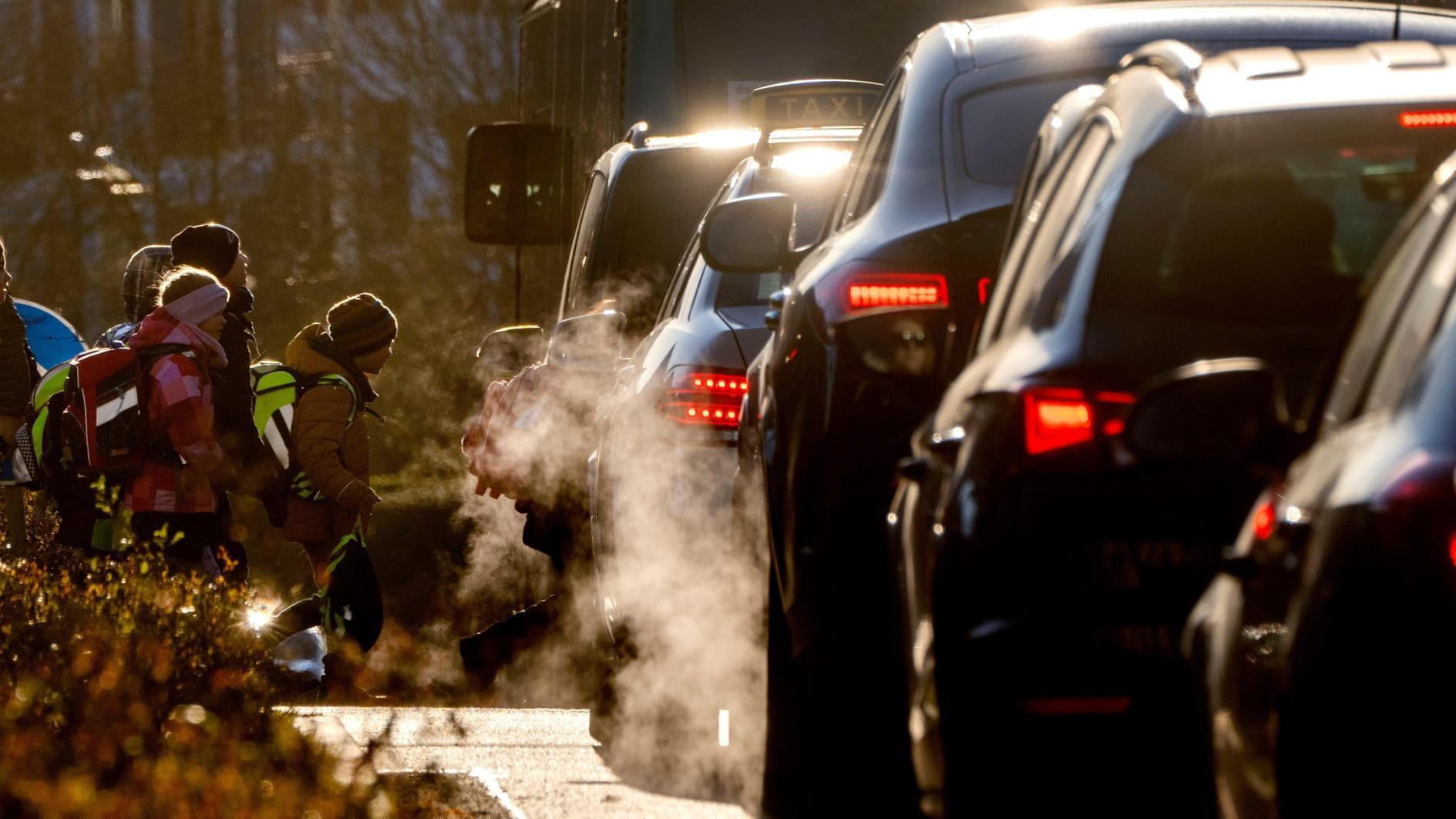
Bigger, more-powerful cars have negated the impact of tighter CO2 emissions regulations in the EU, a report by the bloc's internal auditor found yesterday.
Since 2012, cars sold in the EU must meet targets for limiting CO2 emissions, but these had little impact as emissions from diesel vehicles since then held steady while there was only a small decrease of 4.6 percent for petrol vehicles, according to a report by the European Court of Auditors.
"Continuous improvements in engine technology and the introduction of hybrid powertrains have made engines more efficient, but the increased vehicle mass coupled with more powerful engines outweighs the technological progress made," said the report.
It calculated the average car mass increased by around 10 percent between 2011 and 2022, while engine power rose by 25 percent.
New car emissions only began to drop significantly in 2020.
"This was mainly due to a significant uptake of electric vehicles, while real-world CO2 emissions from cars with combustion engines have not dropped," said the report.
It also put the blame for the poor result of the regulations on loopholes that allowed laboratory testing rather than in real world conditions, which automakers exploited to their advantage and led to huge gaps with emissions on the road.
The report noted that while the EU has managed to reduce greenhouse gas emissions in many areas over the past three decades, CO2 emissions in the transport sector have continued to grow as the vehicle fleet has grown and emissions per vehicle have not fallen.